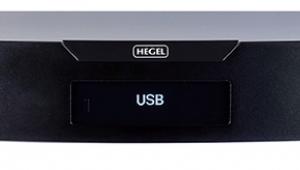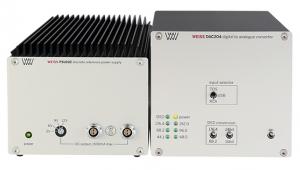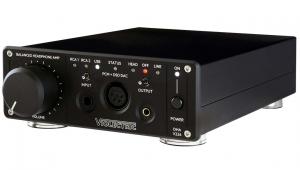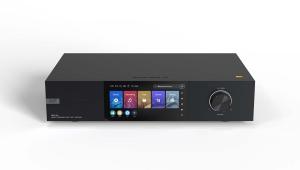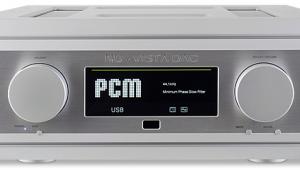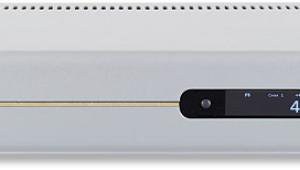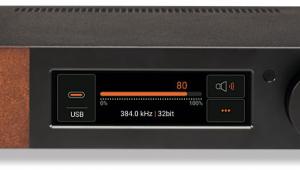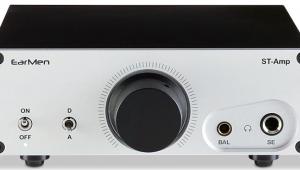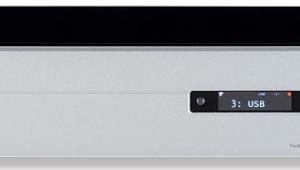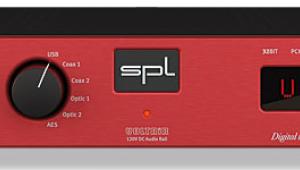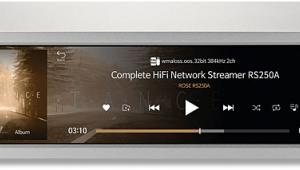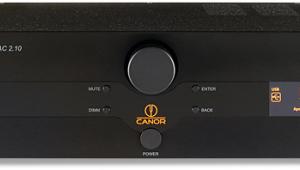Pro Ject Dac Box Fl (£195)
If Pro-Ject could squeeze one of its fine turntables into the form factor of its burgeoning Box Series I’m rather sure it would. After all, it already offers TT power supplies, phono amps, pre and power amps, tuners and a USB DAC in this pocket-sized casework. Ok, so the turntable idea is a bit impractical, but another DAC well... why not?
The DAC Box FL accepts S/PDIF digital audio only from CD/DVD players up to a sampling rate of 96kHz. The analogue output is fixed and there are no other options, apart from the choice of a silver finish. There’s not even an LED to show the DAC Box is powered-up from the 16V wall wart or receiving a valid digital input.
Under the bonnet, however, there are two Philips TDA1543 DACs used in differential mode per channel, reducing noise and even-order distortions. What there isn’t, if you get my meaning, is a digital filter. FL, you see, stands for ‘filterless’. There is an analogue filter and output stage but nothing to prevent aliasing distortion from reflecting back into the audio range [see Lab Report]. On the other hand, the lack of a digital filter means that transient information is resolved without any ringing, especially the pre-event ringing that’s peculiar to digital audio and subjectively undesirable.
TWO SUGARS, PLEASE
In common with other DACs and disc players that employ low-order or apodising-type digital filters, the DAC Box FL has a very smooth and rich sound that’s inherently relaxing. Listening to the sonorous quality it brought to McCoy Tyner’s New York Reunion [Chesky JD51], I could well imagine these qualities being described as ‘analogue’. Here the ’FL offered its trademark liquid smooth sound but it was also rose-tinted, the brassy detail of the sax and percussive impact of piano sweetened with musical syrup.
VERDICT
In a system with good high frequency linearity (amp and speakers), the DAC Box FL has the potential to sing, otherwise the results will be more mixed. And, of course, the awesome Cambridge DacMagic is on its horizon.
Originally published in the November 2009 issue


